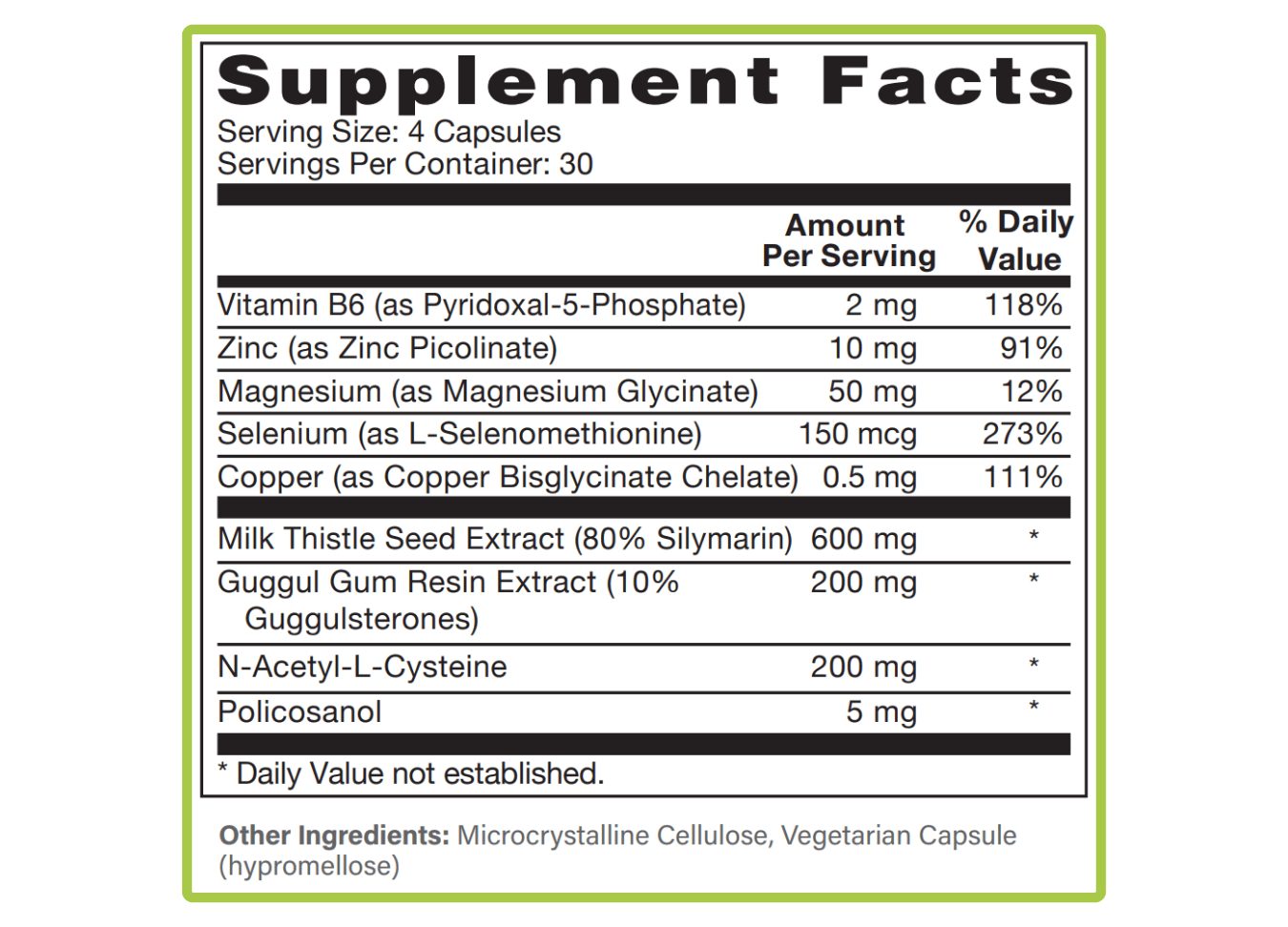Citations:
1. Murray MT. Encyclopedia of Nutritional Supplements.(1996); Prima Publishing: Rocklin, CA.
2. Committee to Review Dietary Reference Intakes for Vitamin D and Calcium, Food and Nutrition Board, Institute of Medicine. Dietary Reference Intakes for Calcium and Vitamin D. Washington, DC: National Academy Press, 2010.
3. Institute of Medicine (IOM). Food and Nutrition Board. Dietary Reference Intakes: Calcium, Phosphorus, Magnesium, Vitamin D and Fluoride. Washington, DC: National Academy Press, 1997.
4. Rude RK. Magnesium. In: Coates PM, Betz JM, Blackman MR, Cragg GM, Levine M, Moss J, White JD, eds. Encyclopedia of Dietary Supplements. 2nd ed. New York, NY: Informa Healthcare; 2010:527-37.
5. Spasov, A. A., Petrov, V. I., Iezhitsa, I. N., Kravchenko, M. S., Kharitonova, M. V., & Ozerov, A. A. (2010). Comparative study of magnesium salts bioavailability in rats fed a magnesium-deficient diet. Vestnik Rossiiskoi akademii meditsinskikh nauk, (2), 29-37.
6. Schuette, S. A., Lashner, B. A., & Janghorbani, M. (1994). Bioavailability of magnesium diglycinate vs magnesium oxide in patients with ileal resection. Journal of Parenteral and Enteral Nutrition, 18(5), 430-435.
7. Nishiyama S, Futagoishi-Suginohara Y, Matsukura M, Nakamura T, Higashi A, Shinohara M, Matsuda I. Zinc supplementation alters thyroid hormone metabolism in disabled patients with zinc deficiency. J Am Coll Nutr; 1994 Feb;13(1):62-7.
8. Pizzorno JE, Murray MT. The Clinician’s Handbook of Natural Medicine. 2nd Ed. 2008.
9. Surai, P. F. (2015). Silymarin as a natural antioxidant: an overview of the current evidence and perspectives. Antioxidants, 4(1), 204-247.
10. Tripathi YB, Malhotra OP, Tripathi SN. Thyroid Stimulating Action of Z-Guggulsterone Obtained from Commiphora mukul. Planta Med. 1984 Feb;50(1):78-80.
11. Singh AK, Prasad GC, Tripathi SN. In vitro studies on thyrogenic effect of commiphora mukul (guggulu). Anc Sci Life. 1982 Jul-Sep; 2(1): 23–28.
12. Singh, R. B., Niaz, M. A., & Ghosh, S. (1994). Hypolipidemic and antioxidant effects of Commiphora mukul as an adjunct to dietary therapy in patients with hypercholesterolemia. Cardiovascular drugs and therapy, 8(4), 659-664.
13. Nityanand, S., Srivastava, J. S., & Asthana, O. P. (1989). Clinical trials with gugulipid. A new hypolipidaemic agent. The Journal of the Association of Physicians of India, 37(5), 323-328.
14. Yim CY, et al. Use of N-acetyl cysteine to increase intracellular glutathione during the induction of antitumor responses by IL-2. J Immul 1994;152:5796-5805.
15. Vidart J, Wajner SM, Leite RS. N-acetylcysteine administration prevents nonthyroidal illness syndrome in patients with acute myocardial infarction: a randomized clinical trial. J Clin Endocrinol Metab 2014;99(12):4537-45
16. Castano, G., et al. "Effects of addition of policosanol to omega-3 fatty acid therapy on the lipid profile of patients with type II hypercholesterolaemia." Drugs in R & D 6.4 (2005): 207-219.
17. Menendez R, Amor AM, Gonzalez R, et al.Effect of policosanol on the hepatic cholesterol biosynthesis of normocholesterolemic rats.Biol Res 1996;29:253-257.3.
18. Menendez R, Amor AM, Rodeiro I, et al.Policosanol modulates HMG-CoA reductase activity in cultured fibroblasts. Arch Med Res 2001;32:8-12.
19. Menendez R, Fernandez SI, Del Rio A, et al. Policosanol inhibits cholesterol biosynthesis and enhances low density lipoprotein processing in cultured human fibroblasts. Biol Res 1994;27:199-203.









